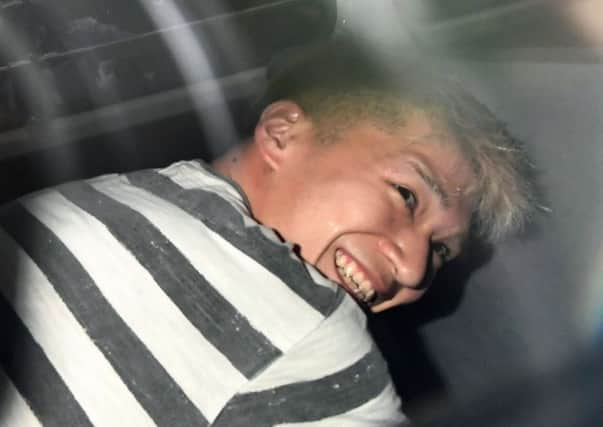Japan knifing suspect '˜killed methodically and briskly'


Satoshi Uematsu tied down several of the six overnight workers – one at each of the six sections he passed through – with plastic zip bands so he could move freely in the Yamayuri-en residential buildings, according to a prefectural welfare department official, Yuki Natori. In addition to the 19 disabled people killed, 24 were injured as well as two employees.
At about 2am on Tuesday, the attacker smashed open the window of one of the patients’ rooms on the first floor, sneaking into the east wing of the facility for about 150 people with severe autism and other mental disabilities.
Advertisement
Hide AdAdvertisement
Hide AdTracing the blood stains he left as he moved from one room to another, officials believe he started from the Flower Home section, where he killed five women. He moved west to the Rainbow Home, slashing more people and leaving five of them dead in that section. He apparently entered the west wing using a key either stolen from an overnight worker or a duplicate he had kept, then killed two men in one section and seven more men upstairs. One of the two sections he left untouched housed 20 men Uematsu had taken care of when he worked at the facility, although the reason they were spared was unknown, Natori said.
Authorities believe Uematsu left the facility at about 2:50am and drove to the local police to turn himself in. He remained in custody yesterday, and prosecutors have until mid-August to decide whether to file murder charges.
Uematsu told investigators he had no regrets and was trying to help the world by killing people he thought were burdens. Advocacy groups condemned the crime and the suspect’s view, which they said reflected a persistent prejudice in Japan.
The killings mirrored a plot described in a letter Uematsu tried to give to a parliament leader in February. He quit his job at the Yamayuri-en facility after being confronted about the letter and was committed to psychiatric treatment, but he was released within two weeks.